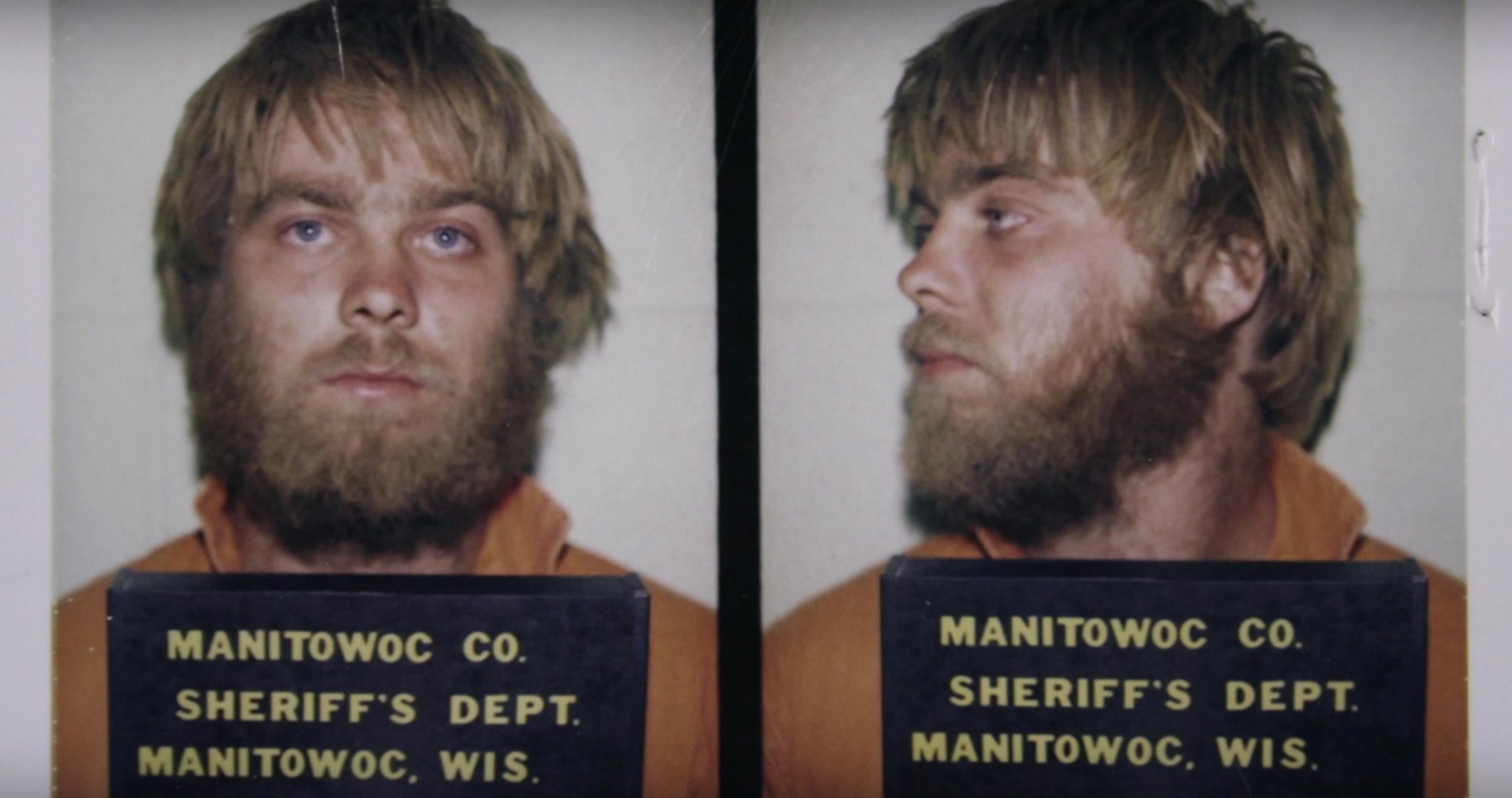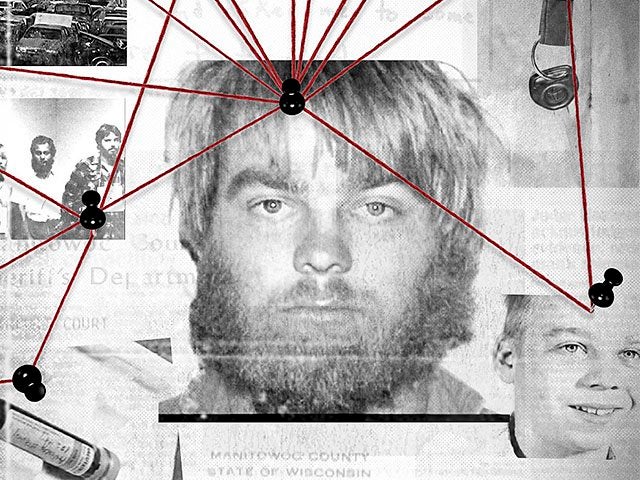Making A Murderer: Steven Avery petition responded to by White House
Avery was convicted for the 2005 murder of photographer Teresa Halbach – but the Netflix documentary suggests he was framed

Your support helps us to tell the story
From reproductive rights to climate change to Big Tech, The Independent is on the ground when the story is developing. Whether it's investigating the financials of Elon Musk's pro-Trump PAC or producing our latest documentary, 'The A Word', which shines a light on the American women fighting for reproductive rights, we know how important it is to parse out the facts from the messaging.
At such a critical moment in US history, we need reporters on the ground. Your donation allows us to keep sending journalists to speak to both sides of the story.
The Independent is trusted by Americans across the entire political spectrum. And unlike many other quality news outlets, we choose not to lock Americans out of our reporting and analysis with paywalls. We believe quality journalism should be available to everyone, paid for by those who can afford it.
Your support makes all the difference.The White House has said it cannot pardon Making a Murderer subjects Steven Avery and his nephew Brendan Dassey for their role in the 2005 murder of photographer Teresa Halbach after more than 100,000 people signed a petition demanding their release.
A petition on the government’s We The People website called for the Obama administration to free Avery after the 10-part Netflix documentary series highlighted what it was said were serious flaws in the judicial process.
The Making a Murderer series scrutinised the details of the case and the claim by Avery's defence team that some of the evidence against him had been planted by the Manitowoc County sheriff’s department in Wisconsin.
Petitions that reach over 100,000 signatures on the US government's website automatically receive an answer, but in its official response to the 129,886 signatures the White House said it was unable to intervene as it was only able to grant pardons for offences committed “against the United States” as a whole and Avery’s conviction was decided at state level.
The Governor of Wisconsin, Scott Walker, previously said he has not watched the programme and will not pardon Avery, saying he should use the court system to appeal.
Avery initially came to public attention after he was wrongfully convicted for the 1985 rape of Penny Beernsten. He was exonorated by DNA evidence in 2003.
Two years later, Ms Halbach went missing on the same day she visited Avery’s salvage yard to photograph a minivan for Auto Trader magazine.
Avery was convicted of her murder and sentenced to life in prison without the possibility of parole but alleges Manitowoc County framed him.
At the time of his arrest for Ms Halbach's murder he had filed a $36m (£24.7m) civil suit against the department for his wrongful conviction for Ms Beernsten.

His nephew Dassey - who was 16-years-old at the time and has learning difficulties - was also sentenced to life in prison after he confessed to being Avery's accomplice.
He has since claimed he was coerced into confessing and has recanted his testimony. But the prosecutor, Ken Kratz, who convicted Avery alleged there were crucial pieces of evidence against Avery that were omitted from the Netflix programme and he was not given an opportunity to respond to the series’ claims.